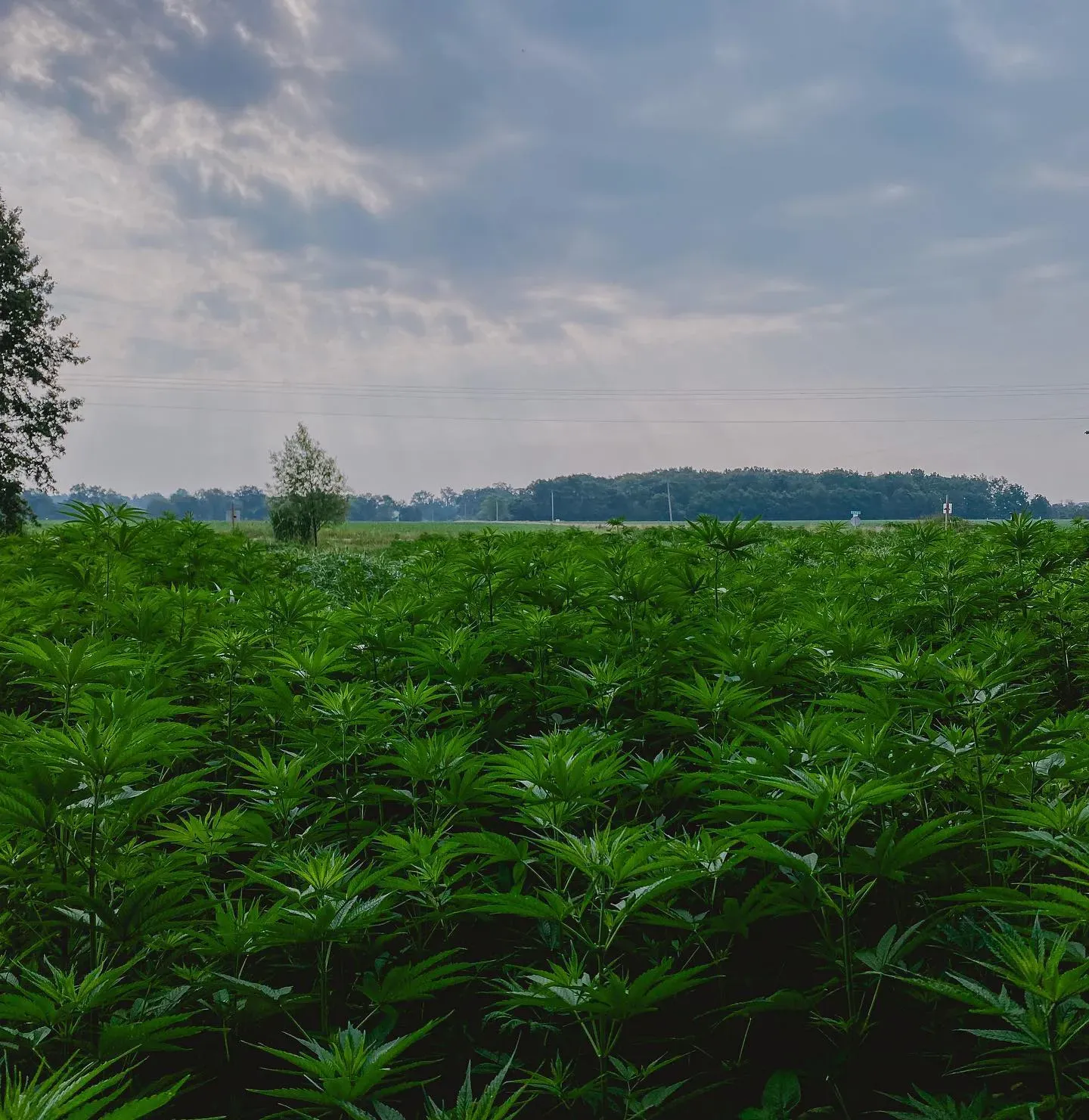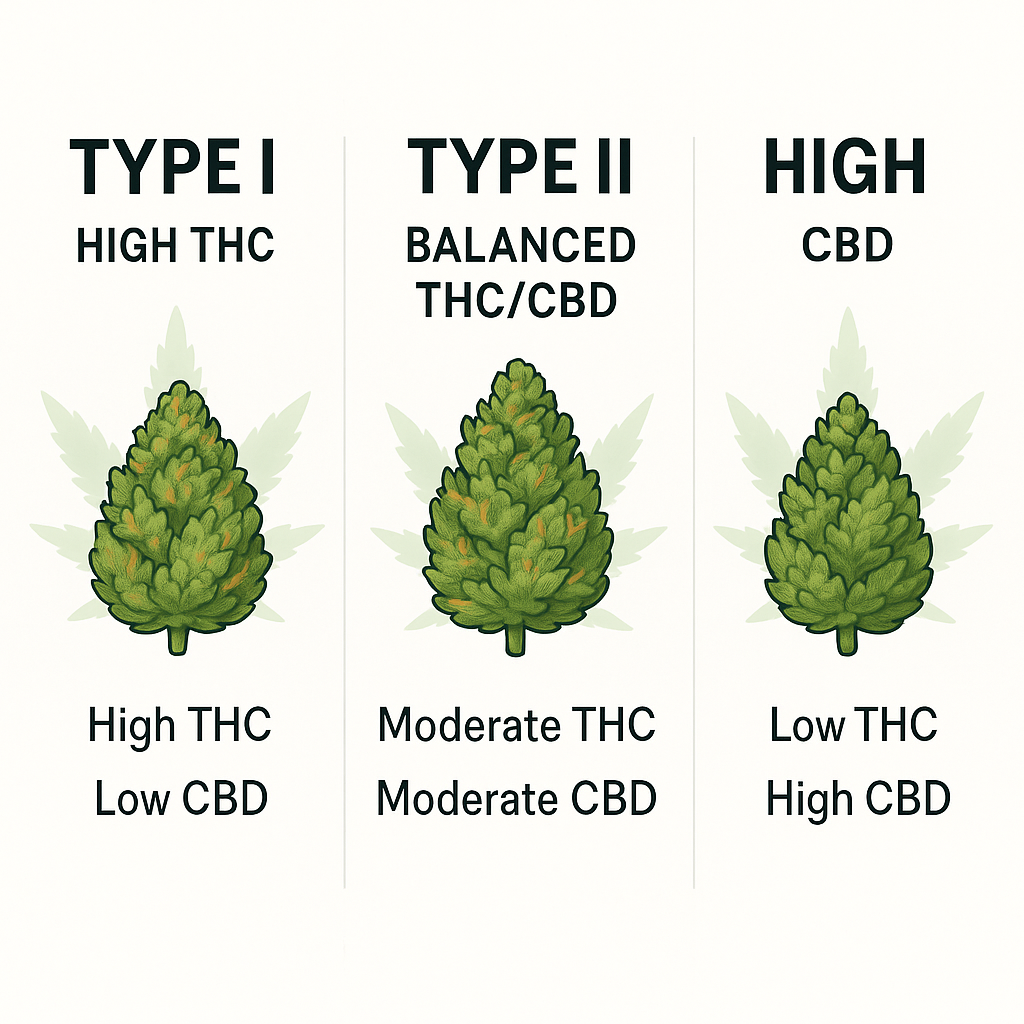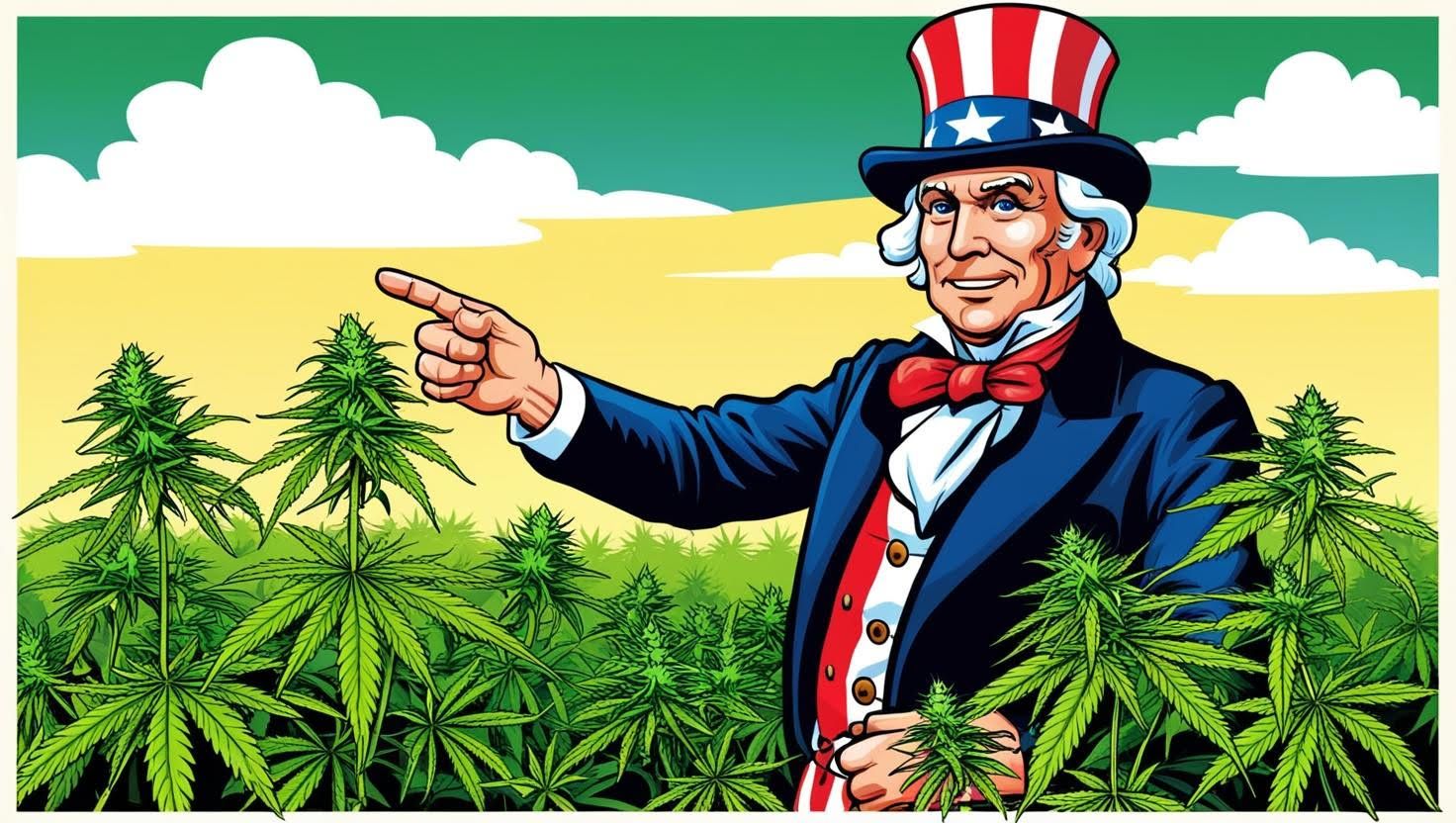Hemp Promotes Social Equity in the Cannabis Space
Hemp Promotes Social Equity in the Cannabis Space
How Hemp Promotes Social Equity in the Cannabis Space
The cannabis industry has seen tremendous growth in recent years, but for many aspiring entrepreneurs—especially minorities and legacy operators—the barriers to entry remain high. Expensive licensing fees, strict regulations, and limited access to capital have made it difficult for many small businesses and historically marginalized communities to participate in the legal market. However, hemp has emerged as a powerful tool for promoting social equity, offering a more accessible and inclusive pathway into the cannabis space.
Breaking Down Barriers to Entry
One of the biggest challenges facing cannabis entrepreneurs is the high cost of entry. In states with legal marijuana markets, licensing fees alone can range from tens to hundreds of thousands of dollars. In addition, businesses must navigate complex regulations, zoning restrictions, and operational costs that often put ownership out of reach for many.
Hemp, on the other hand, offers a more affordable and accessible entry point into the cannabis industry. Because it is federally legal under the 2018 Farm Bill, hemp businesses face fewer restrictions and lower startup costs compared to THC-dominant cannabis operations. This allows small business owners, particularly those from minority and disadvantaged communities, to enter the market without the financial burden that comes with traditional cannabis licensing.
Empowering Legacy Operators
The legal cannabis industry often leaves behind legacy operators—those who have been cultivating and selling cannabis in the underground market for years. Many of these individuals, have been disproportionately affected by the War on Drugs, facing arrests and criminal records that now exclude them from participating in the legal cannabis industry.
Hemp provides an opportunity for these skilled operators to transition into the legal market. With fewer restrictions on cultivation and sales, legacy growers can leverage their expertise in cannabis production to build legal businesses within the hemp industry. Many former underground cultivators are now producing high-quality hemp flower, CBD, and other cannabinoid-based products, allowing them to legitimize their businesses and generate wealth in a way that was previously inaccessible.
Creating Opportunities for Minorities
Minority entrepreneurs continue to face systemic challenges in the cannabis space, including discriminatory banking practices, lack of investment opportunities, and historical injustices tied to cannabis prohibition. While social equity programs have been introduced in some states to address these disparities, many still struggle to gain traction due to bureaucratic red tape and underfunding.
Hemp, however, offers a low-barrier alternative for minority business owners. Because it does not require the same level of regulation and licensing as marijuana, minority entrepreneurs have more opportunities to participate in everything from hemp farming to CBD retail, product manufacturing, and distribution. In addition, hemp businesses can often operate more freely across state lines, providing wider market access and opportunities for growth.
Hemp as a Vehicle for Social Change
Beyond business ownership, the hemp industry has the potential to reinvest in communities affected by cannabis criminalization. Some hemp businesses are actively working to create social impact by:
- Hiring formerly incarcerated individuals who have been excluded from the legal cannabis market.
- Providing education and mentorship programs to help minority entrepreneurs enter the industry.
- Advocating for policy changes that promote fairness in cannabis licensing and expungement of past cannabis-related convictions.
At its core, hemp represents a more inclusive and equitable sector of the cannabis space—one that allows marginalized communities to participate, thrive, and reclaim economic opportunities that were historically denied to them.
Looking Ahead
As the cannabis industry continues to evolve, hemp will play a critical role in shaping a more equitable future. By providing an accessible and legal entry point for minority entrepreneurs, legacy operators, and those disproportionately impacted by prohibition, hemp is helping to bridge the gap between economic opportunity and social justice in the cannabis space.
For those looking to enter the industry, hemp is more than just a plant—it’s a path toward empowerment, ownership, and change.

















